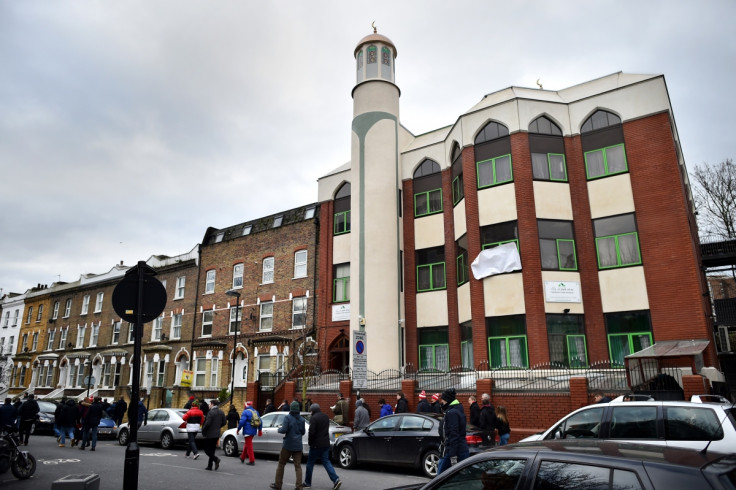'Businessmen, royal families and charities' to sue over Thomson Reuters terror database list
Company expected to be hit be slew of lawsuits after mosque awarded £10,000 damages.

Individuals and organisations are preparing to sue Thomson Reuters after allegedly appearing on a database of individuals with terror links used by financial institutions around the world. On Wednesday (1 February 2017) Finsbury Park Mosque in north London said it had reached a settlement for £10,000 ($12,500) in damages after being listed on World-Check, a subsidiary of Thomson Reuters that contains information on criminal allegations against institutions and individuals worldwide.
A lawyer who represented the mosque said that others had now come forward with claims that their bank accounts were frozen after wrongly appearing in the database.
"We have been contacted by a number of people – 25 to 30 – who believe they are listed on the database," said Charlotte Tyrell, a solicitor at Farooq Bajwa and Co.
"It ranges from businessmen to members of royal families, charities and various other individuals as well."
The World-Check database is used by the majority of the world's major financial institutions to identify and potentially blacklist customers on international sanctions lists, or linked to extremist or criminal activity. However, eroneous or outdated information was used in the database alongside legitimate data.
It is believed that the Finsbury Park Mosque was listed because of its past links to notorious extremist preacher Abu Hamza. Since 2005, the mosque has been under different management, and has been praised for its anti-extremism and community relations work. Labour leader Jeremy Corbyn said he wanted to take US President Donald Trump to the mosque during his forthcoming controversial state visit to the UK to educate him about diversity.
Tyrell said that some individuals believed they had been listed on the database because of erroneous or outdated press reports, and others because of "unreliable sources such as Wikipedia and other sources like that." She said that there was a potential for fake news reports and deliberate smears to find their way into the database as "there does not seem to be a large amount of vetting in relation to what is relied upon for the creation of these profiles."
In December 2016, the Times reported that a nine-month-old baby was on the database because her father, a minor British royal, was listed as a "politically exposed person". After the contents of the database were publicly exposed, IBTimes UK understands that Thomson Reuters has moved to strictly police access to the file.
A Thomson Reuters spokesman said: "We have made clear in the court statement our regret for publishing certain allegations concerning Finsbury Park Mosque. All profiles on World-Check are reviewed on an ongoing basis. A clear privacy statement online sets out how any individual can contact us if they believe any of the information held is inaccurate, and we would urge them to do so."
© Copyright IBTimes 2025. All rights reserved.





















